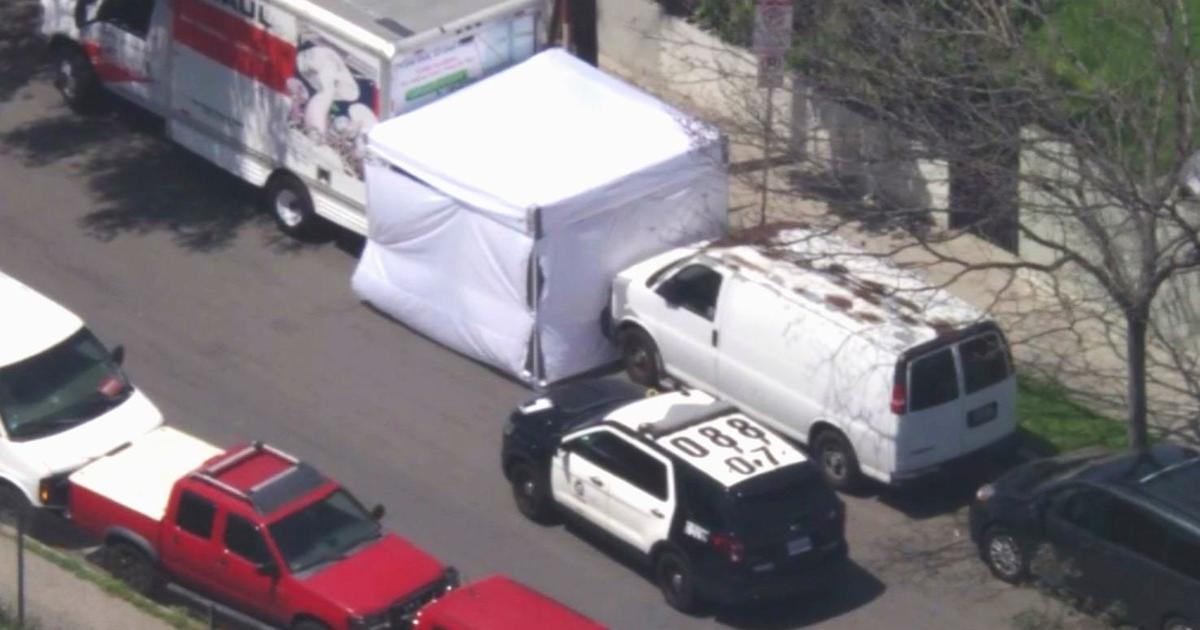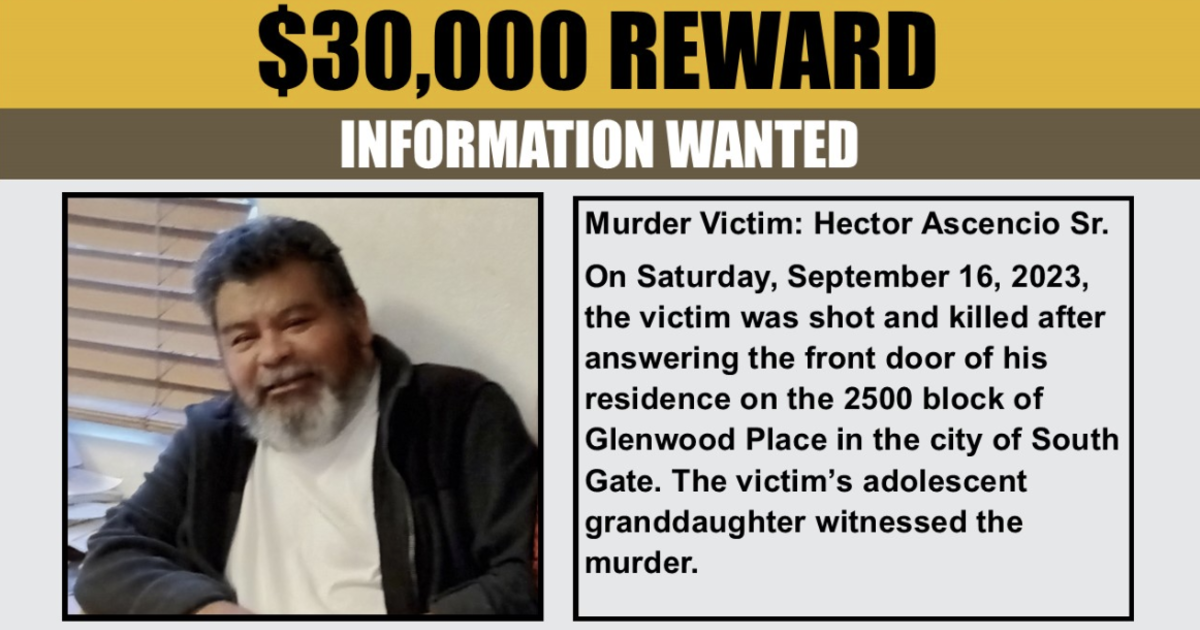Clinics To Offer Free Blood Tests During Hepatitis Awareness Month
LOS ANGELES (CBSLA.com) — Viral Hepatitis is a common blood borne infection that slowly destroys the liver. A person can't live without their liver, yet few know they are even infected with one of the viruses.
Building Inspector Tom Espinosa said he was stunned when he found out.
"The doctor told me, 'I have some good news and have some bad news.' She said, 'You don't have AIDS, but you have Hep C'," Espinosa said.
Longtime California politician and CPA Fiona Ma found out in her 20s, but only after she donated blood.
"I got a letter back saying that I had Hepatitis B, and that they cannot accept my blood," she explained.
Millions of Americans have chronic viral hepatitis and don't know it.
"Many people who are infected have absolutely no symptoms and that's why it's called a silent epidemic," assistant U.S. Secretary of Health, Dr. Howard Koh, said.
Hepatitis B and C are caused by different viruses and spread in different ways.
People at risk for Hepatitis B include those who have unprotected sex with an infected individual, come in contact with blood at work, share personal items such as nail clippers, a toothbrush or razor with an infected individual, or, like Ma, someone who was born to a Hepatitis B-infected mother. Those at highest risk are Asian and Pacific Islanders.
Anyone who received a blood transfusion before 1992 are at risk for Hepatitis C, which is the most common cause of sharing contaminated needles.
Both viruses can lead to cirrhosis, liver cancer or even death.
"If you have liver cancer, the chance of surviving for one year in this country is less than 50 percent," said Dr. Samuel So, founder and director of the Asian Liver Center at Stanford University.
But now, experts are hoping to change the equation.
"We have the opportunity now to break the silence on hepatitis," Dr. Koh said.
On Monday, May 19, certain clinics will offer a free blood test for one or both infections. To find a clinic, visit here.
"Be sure, be tested, be free," Ma said.
"Get it taken care of, 'cause the sooner the better," Espinosa encouraged.
For those wondering if they should be tested, the CDC has a quick online assessment. For that, click here.



